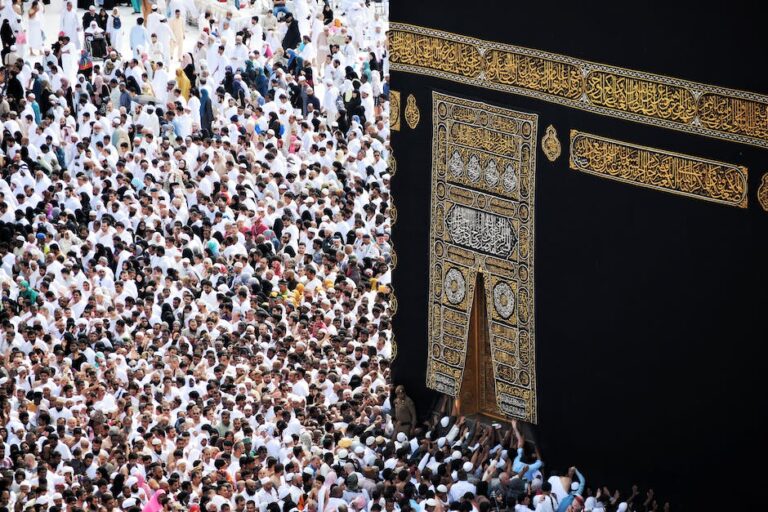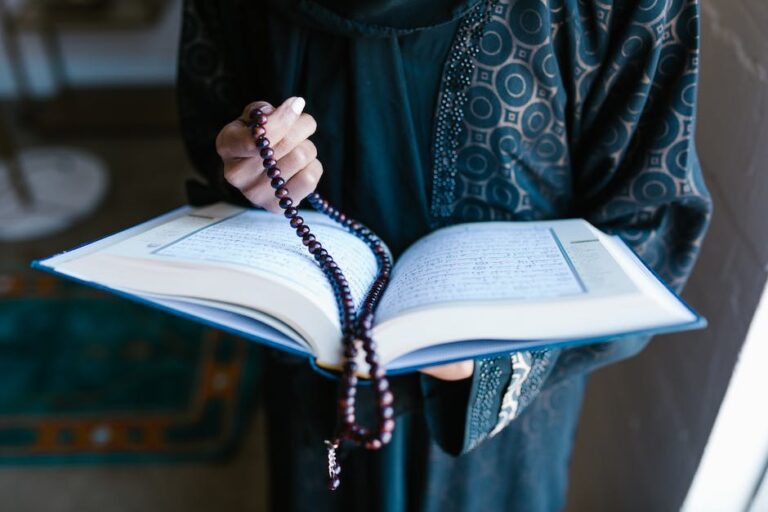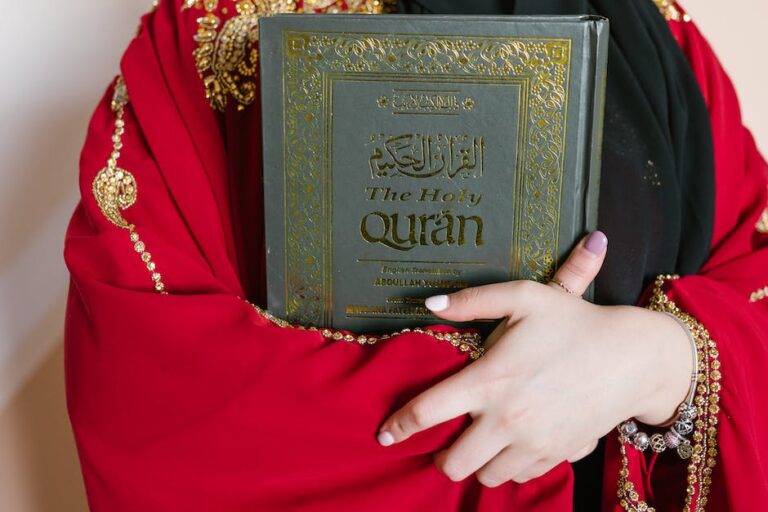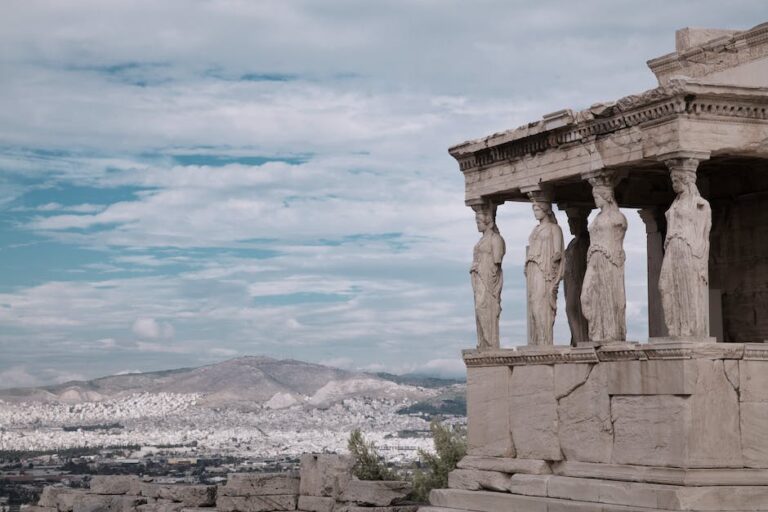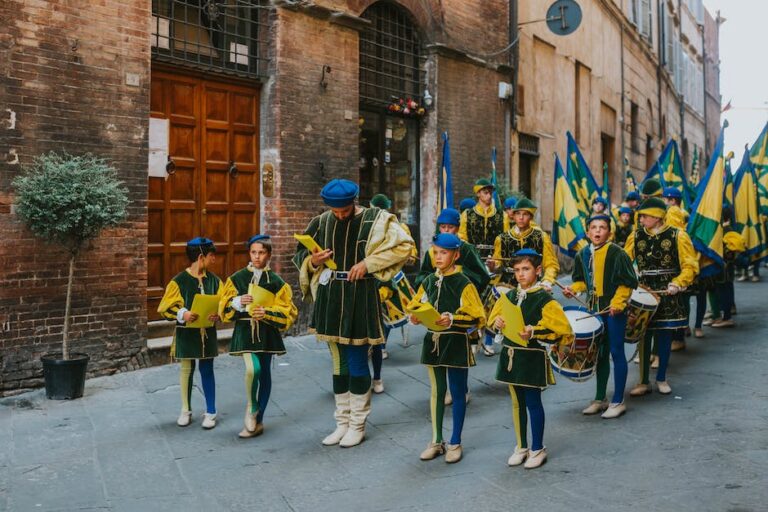The Significance of Salah in the Life of a Muslim
Salah, also known as prayer, is one of the five pillars of Islam and holds immense significance in a Muslim’s life. It is obligatory for every Muslim to perform Salah five times a day, which serves as a constant reminder of their duty towards Allah. The performance of Salah involves the recitation of verses from…

